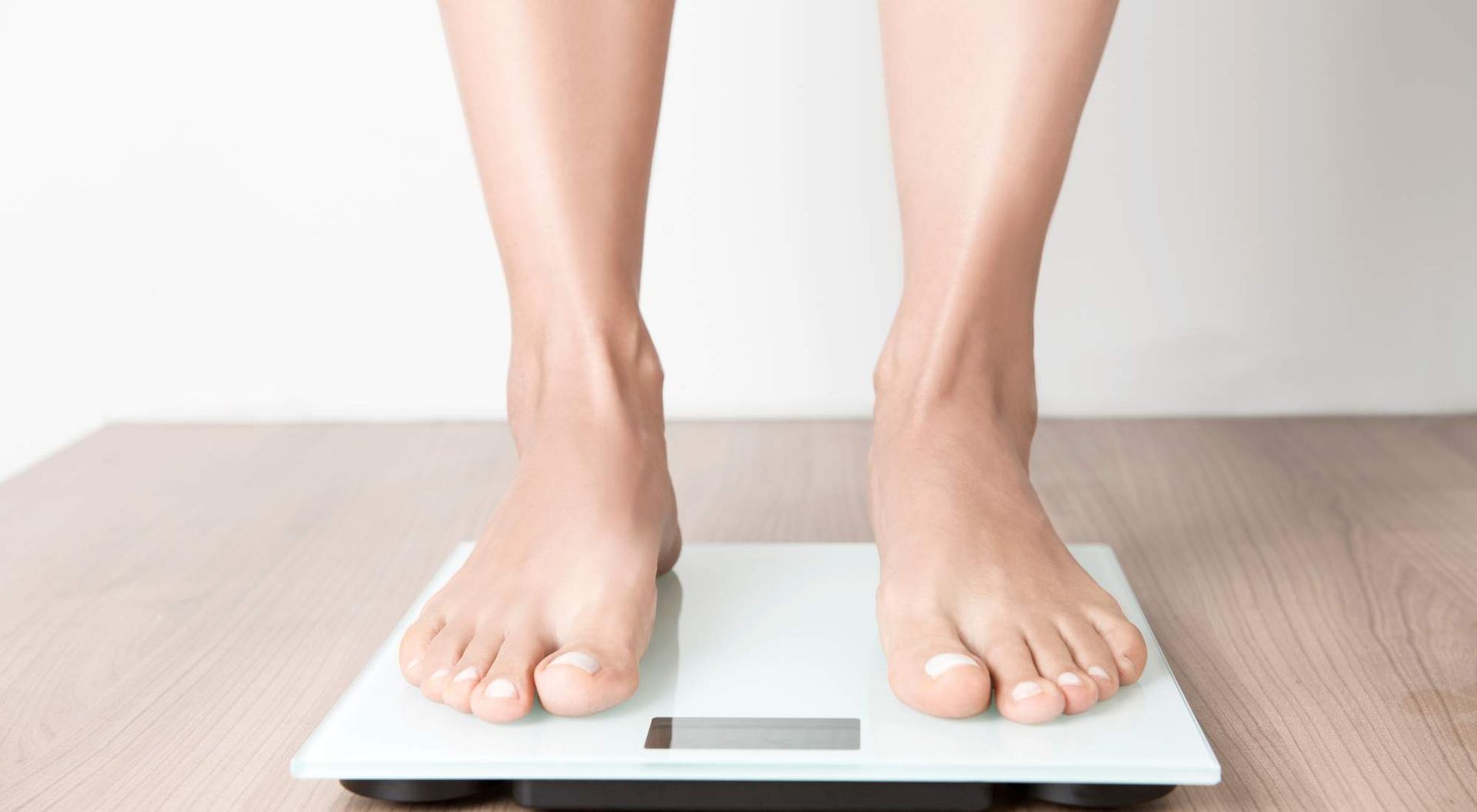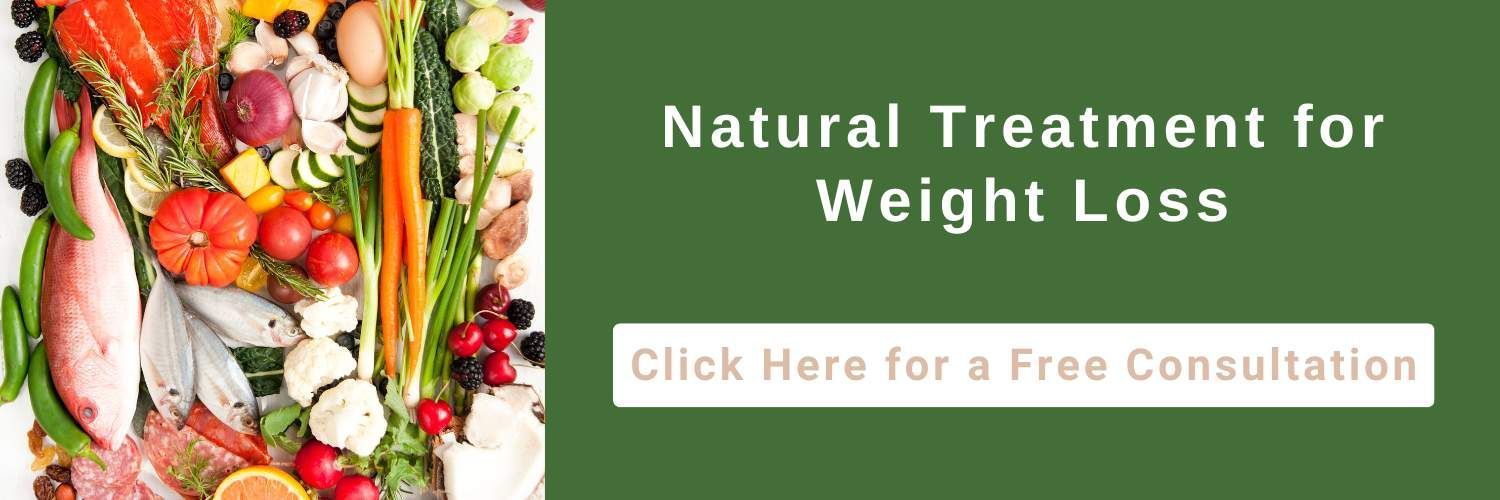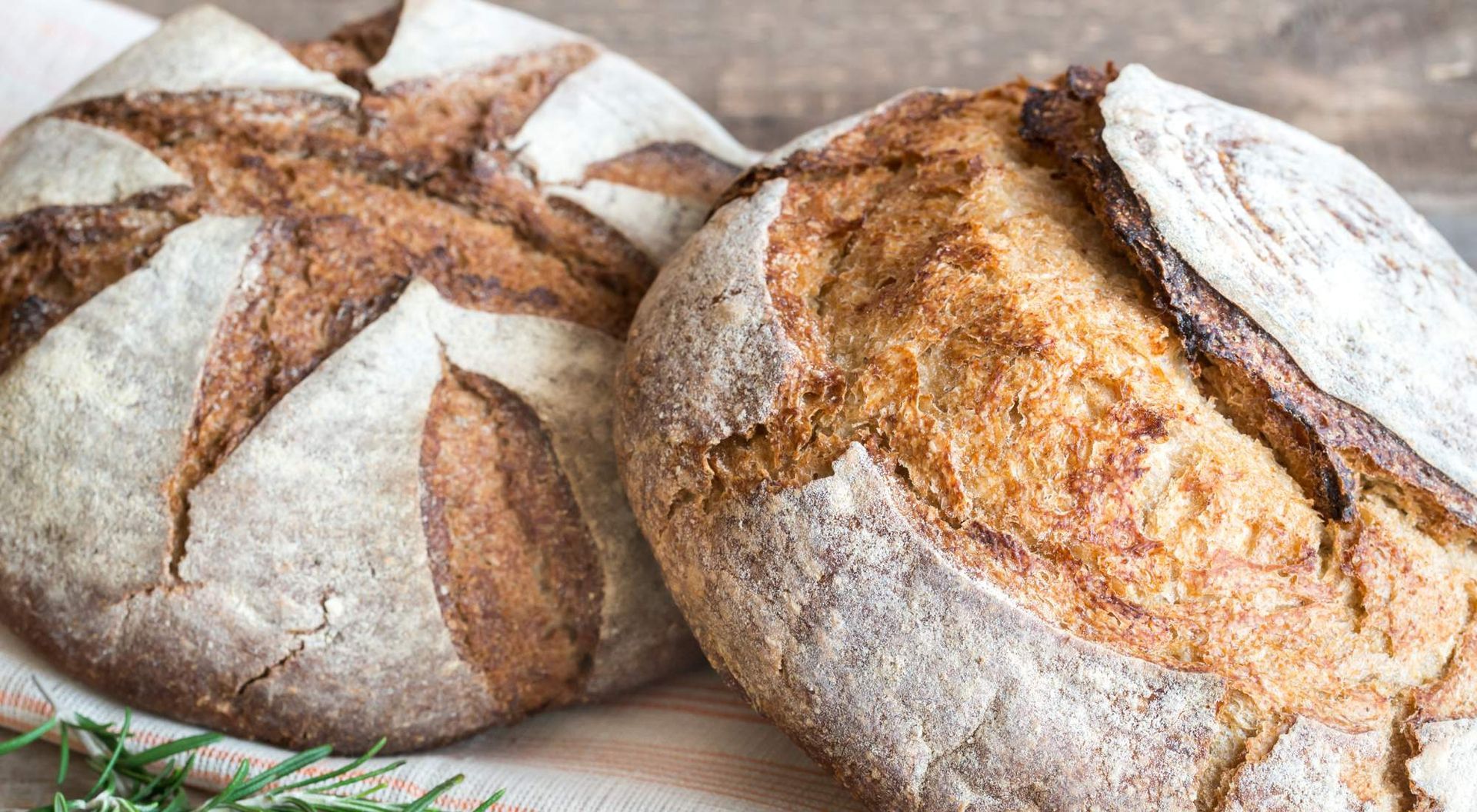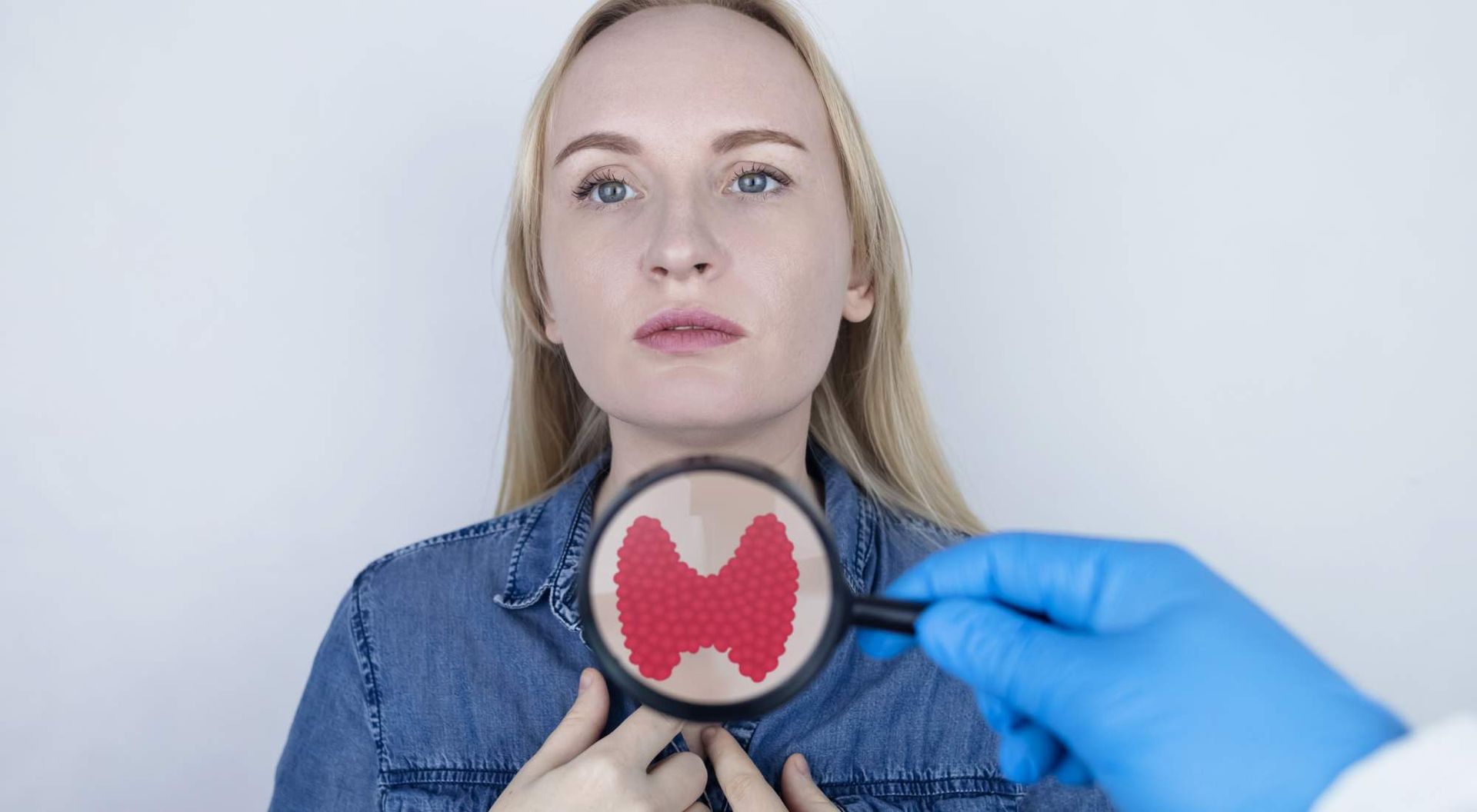The Key to Weight Loss or Simply Starvation Mode: Is Cutting Calories Bad for You?
"The content below is not intended to be a substitute for professional medical advice, diagnosis, or treatment. Always seek the advice of your physician or other qualified health provider with any questions you may have regarding a medical condition."
Diets are a dime a dozen.
Some of them make weight loss sound like a piece of cake — as though simply eating fewer calories will cause those excess pounds to melt away.
While cutting calories seems like a no-brainer way to lose weight, you may be left wondering, “Is it bad to cut calories?”
Find out here. Our research reveals the truth about how cutting calories affects your health, and we present you with a healthy way to lose weight — and keep it off.
Table of Contents
- Understanding Calorie Function in the Body
- Is It Bad To Cut Calories?
- 5 Ways Severely Cutting Calories May Be Detrimental to Your Health
- How To Recognize if You Are Not Getting Enough Calories
- How To Navigate Weight Loss Without Restricting Calories in an Unhealthy Way
- Discover a Natural Treatment for Weight Loss With HealthierU
Understanding Calorie Function in the Body
A calorie can be defined in a couple of different ways:
- The amount of heat energy required to raise the temperature of one gram of water by 1.8 °F
- The unit of measurement for the amount of energy your body gets from the foods and drinks you consume
Your body needs calories in order to survive, and it uses them to sustain three main processes:
- Physical activity — The number of calories required to fuel your everyday movements, including workouts
- Basal metabolic rate (BMR) — The number of calories it takes to keep your basic bodily functions working properly, including your nervous system, brain, kidneys, heart, and lungs
- Digestion — The calories required to digest and metabolize the foods and drinks you consume, also known as the TEF or thermic effect of food
Here’s the thing about calories — in general, too many can lead to weight gain, while too few can lead to weight loss. This is why people who are wanting to lose weight often try to do it by cutting their calorie intake.
Are you seeking a safe, natural answer to weight loss? Look no further than HealthierU.
We use Nutrition Response Testing to help you discover the foods that work best in your body, then create a specialized nutrition plan that meets your individual dietary needs.
Contact us today to learn more or to schedule your free consultation.
Is It Bad To Cut Calories?
This leads us to the big question: Is cutting calories bad for you?
It can be.
Your body needs a certain number of calories to function properly, and it's definitely possible to eat too few of them.
And if you’re wanting to lose weight, eating too few calories for too long can actually slow down your efforts to slim down — and may even result in
health problems.
5 Ways Severely Cutting Calories May Be Detrimental to Your Health
#1: May Lead to Nutrition Deficiency
One of the key problems in severely cutting calories is that your body may be missing out on vital nutrients — which can often result in fatigue.
Some studies suggest that a calorie-restricted diet low in carbs may leave you feeling overly tired. However, additional studies reveal that low-carb diets may reduce fatigue.
Cutting calories may also limit your body’s intake of vital nutrients such as:
- Protein — Required to prevent muscle loss, hair thinning, and brittle nails
- Calcium — Necessary for strong bones
- Biotin and thiamine — Needed to prevent muscle weakness, hair loss, and dry skin
- Vitamin A — Required for a strong immune system and healthy eyes
- Magnesium — Helps prevent fatigue, migraine headaches, muscle cramps, and abnormal heart rhythms
#2: May Lower Your Metabolism
If you make it a habit to regularly consume fewer calories than your body needs, it may cause your metabolism to slow down.
Studies have revealed that when you’re not eating enough calories, the number of calories your body burns can decrease by up to 23%.
And what’s more, your metabolism can even continue to operate at a lower rate long after you quit your calorie-restricted diet.
This may also explain why upwards of 80% of dieters regain weight after going off their calorie-restricted diets.
The best way to keep your diet from affecting your metabolism is to ensure that you eat the calories required to sustain your Basal Metabolic Rate (BMR).
#3: May Cause Bone Weakness/Loss
Eating too few calories may lead to bone weakness or, in extreme cases, bone loss.
Cutting calories can reduce both your estrogen and testosterone levels — two vital reproductive hormones. When these hormonal levels are too low, your body’s ability to form new bone may be reduced — while bone breakdown is increased — possibly resulting in bone weakness.
Reducing the number of calories you consume — especially when you participate in physical exercise — can increase the levels of your stress hormones. This may also result in bone loss.
Bone loss increases the risk of fractures and is often irreversible.
#4: May Weaken Your Immune System
Another way cutting calories is bad for you is that it may increase your risk of illness and infection — especially when combined with strenuous physical activity.
One study focused on taekwondo athletes who were cutting calories to lower their body weights before a competition. The athletes were found to have both reduced levels of immunity and increased risk for infections.
Another study compared gymnasts, boxers, and divers, all of whom focus on maintaining a low body weight, to athletes in sports less focused on body weight.
Researchers found that the athletes in sports requiring lean body mass made more frequent attempts to lose weight and were nearly twice as likely to have been sick in the three months leading up to the study.
The effects of consuming a low-calorie diet on individuals who do
not exercise aren’t quite as clear, and additional research is needed before a definitive conclusion can be made.
#5: May Negatively Affect Your Mental Health
Finally, cutting calories can have a serious impact on your mental health.
This may be exhibited through symptoms such as:
- Sleepiness
- Reduced energy
- Mental exhaustion
- Mood swings
- Brain fog
- And more
You may also find yourself suffering from diet backlash — which occurs when even the thought of a “forbidden” food triggers overeating. Diet backlash can easily grow into an endless cycle of food deprivation that’s followed by overeating and guilt.
Maintaining a diet that is too low in calories may also lead to an erosion of self-confidence. You may find yourself becoming especially vulnerable to external cues that tell you when or what to eat, such as:
- Advertising
- The time of day; and
- What foods are available
How To Recognize if You Are Not Getting Enough Calories
Signs that you are likely not getting enough calories include:
- Fatigue or low energy
- Constant hunger
- Irritability
- Brain fog
- Inability to concentrate
- Hair loss or brittle hair
- Dizziness
- Anxiety
- Depression
- Mood swings
- Inability to get warm
- Being underweight
- Constipation
- Difficulty losing weight
- Frequently feeling hungry
How To Navigate Weight Loss Without Restricting Calories in an Unhealthy Way
Don’t Skip Breakfast and Consume Most of Your Calories Early in the Day
A great way to ensure that you are choosing a healthy path toward weight loss is by starting each day off with a hearty breakfast.
“Breaking the fast” gets your metabolism up and running and helps you to continue to burn calories throughout the day.
Eating most of your calories early in the day is another tip for navigating weight loss without cutting calories in an unhealthy way.
Your body is like a furnace. The more fuel you feed it, the more fuel it burns and the more powerful it becomes. When you think of it that way, it just makes sense that feeding your body more calories throughout the first half of the day boosts your metabolism and gives you the energy you need to get through your daily tasks.
Stay Hydrated
Often, when you’re not eating enough, you likely aren’t drinking enough water either.
Not only is drinking plenty of water a requirement for a healthy body, but it may also help reduce your overall liquid calorie intake.
Chronic dehydration may cause you to suffer from:
- Poor digestion
- Constipation, and
- Fatigue
Feed Your Body Consistently
Feeding your body on a consistent schedule keeps it revved up and in “calorie burning” mode rather than “fat storing” mode.
When you feed your body consistently, around every three hours or so, your body recognizes that it’s getting the fuel it needs and burns calories.
When you skip meals or don’t eat enough healthy foods, your stress hormones, like insulin and cortisol, rise as your body prepares for starvation.
So, instead of burning the calories you just ate, your body protects itself by storing them.
Work With a Healthcare Professional
The easiest path towards healthy weight loss is working with a healthcare professional.
They will be able to help you:
- Determine which foods work best in your body
- Learn which exercises boost your energy
- Discover helpful dietary supplements
- Create an eating plan to help you get the calories you need to reach your weight loss goal
Discover a Natural Treatment for Weight Loss With HealthierU
Navigating healthy weight loss can be tricky — especially if you:
- Have been trying to lose weight for years
- Feel like your metabolism is grinding to a halt; or
- Have fallen victim to “miracle diets” in the past
HealthierU can help.
We specialize in Nutrition Response Testing — a noninvasive way of determining your possible causes of weight gain or difficulty in losing weight, such as:
- Hormonal imbalance
- Toxic chemical overload
- Toxic metal overload
- Fungus overload
- Medications
- Digestive dysfunction
- Consistent stress/lack of sleep
If you’re interested in getting help as you navigate your weight loss journey, contact HealthierU today to schedule a complimentary consultation with Dr. Donna Sergi.






